Vietnam can welcome up to 12 million visitors
In the Draft Law on Amending and Supplementing a Number of Articles of the Law on Exit and Entry of Vietnamese Citizens and the Law on Entry, Exit, Transit and Residence of Foreigners in Vietnam that the Government has submitted to the National Assembly, there are two contents that directly impact the tourism industry. That is the proposal to regulate the duration of electronic visas from no more than 30 days to no more than 3 months and the duration of granting temporary residence certificates at border gates for people entering under unilateral visa exemption from no more than 15 days to no more than 45 days.
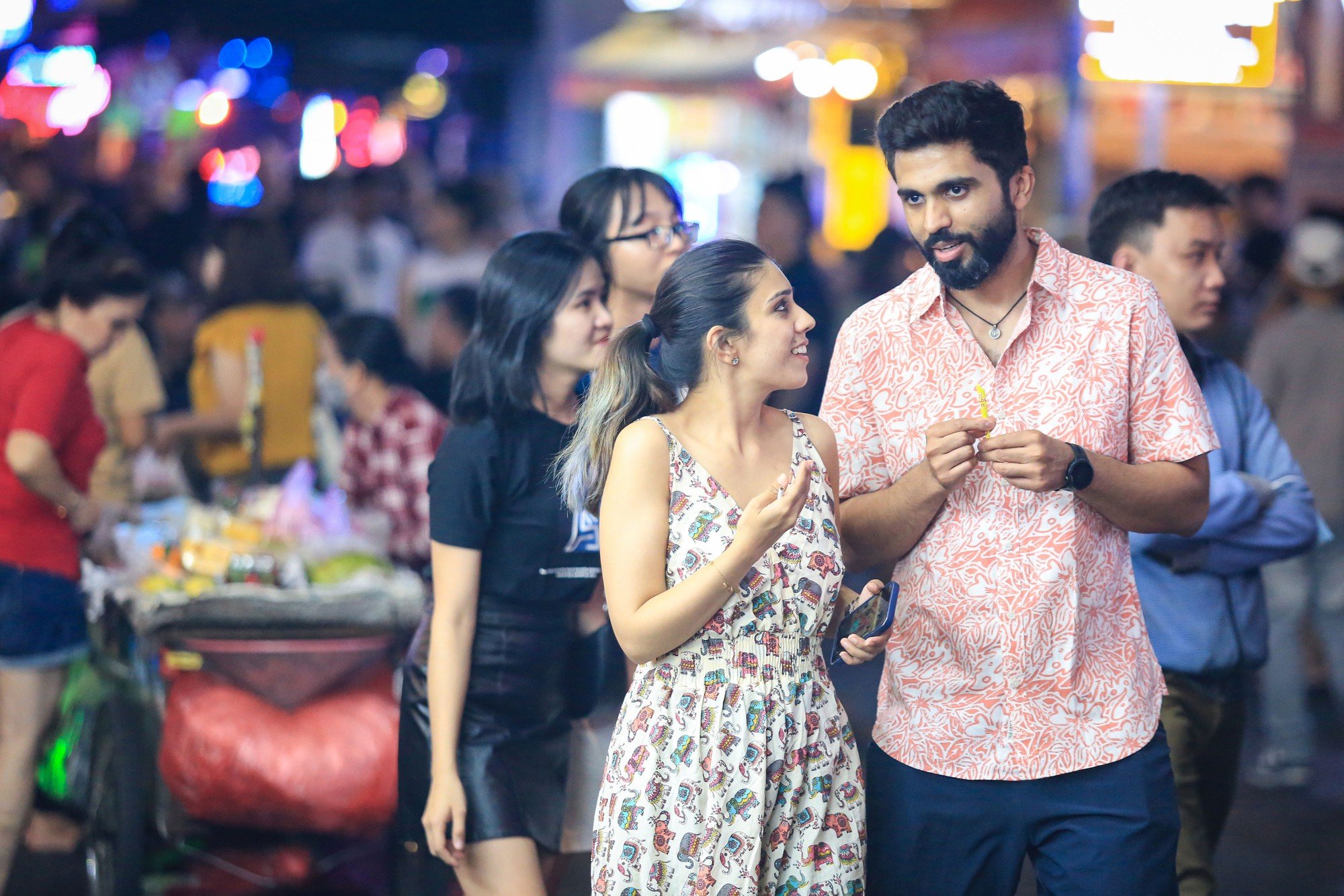
Foreign tourists at Bui Vien Walking Street (District 1, Ho Chi Minh City)
"If the above proposals are approved by the National Assembly and applied from this May, along with the list of countries exempted from visas being further expanded, the tourism industry will not have to worry about reaching the target of 8 million international visitors but can welcome around 12 million," Dr. Luong Hoai Nam, a member of the Vietnam Tourism Advisory Board (TAB), confidently predicted.
Mr. Nam analyzed: First, increasing the validity period of the e-visa from 30 days to 3 months means increasing the flexibility of tourists when designing their trip. Tourists can depart any day, any time within the 3-month period. Also because it is 90 days, during that time, tourists can exit/enter the country many times, not just once as before, and when arriving/departing, they do not have to reapply for a visa. This will create opportunities for us to diversify the experiences of tourists many times. For example, tourists can come to Vietnam for a while, then go to Thailand, Laos, Cambodia or even return to their home country and then return to Vietnam to continue their experience. The idea of "One visa - Many destinations" in the CLMV sub-region (Cambodia - Laos - Myanmar - Vietnam) in which our country plays an important role will soon have the opportunity to become a reality.
In addition, this regulation is also suitable for some groups that have been difficult for Vietnamese tourism to exploit, such as retirees. In developed countries, there are many elderly retirees who have a lot of time to organize long trips. There is even a trend of retirees renting out their houses and then traveling for long periods in other countries. The visa duration of up to 90 days is very suitable for exploiting the resort tourism segment for retirees to enjoy the whole winter or summer.
In addition, after Covid-19, there has also been the emergence of "homeless" tourists - understood as many businesses have created the habit of not requiring employees to go to the office but can work online, so these people will "carry" their computers, both traveling and working remotely. Some countries have implemented separate visas for these types of tourists and with the new regulations, Vietnam will also become a potential destination.
In addition, foreigners investing in real estate in Vietnam are also looking forward to the opening of this visa. It will be more convenient for them to visit their second home, bring relatives and friends to relax and explore Vietnam. The resort real estate market - the largest "ice block" of the real estate industry today - will soon be heated up again.
"In the current difficult and competitive market context, the more we expand our customer base, the sooner tourism will recover and the more industries will benefit from tourism," this expert affirmed.
In fact, before Vietnam, many countries have also used visa extension policies as a "magnet" to accelerate the attraction of tourists. For example, after the pandemic, Thailand quickly issued a visa fee exemption policy to attract international visitors, while extending tourist visas up to 45 days to encourage tourists to stay longer. As a result, the Land of Golden Pagodas has successfully welcomed 11.8 million international visitors in less than 1 year of officially opening and continues to target 25 million international visitors in 2023, on the basis of extending the 45-day visa policy for visa-exempt markets.
The longer guests stay, the more money tourism makes.
According to travel companies, for tourists from distant markets such as Europe and North America, a 15-day trip is too short. As a company that has been attracting many "rich" groups of guests from India to Vietnam to organize grand weddings and events, Mr. Than Huynh Vinh Thuy, Sales Director of Yen Tu Tung Lam Company, said that high-class guests from India coming to Vietnam to organize events or weddings are willing to spend a lot of money and have a need to stay for a long time. Before the main event takes place, they will go to resorts and resorts to survey very carefully and for a long time, then welcome the bride and groom's family to stay. After that, most groups often take advantage of the trip to Vietnam to visit more places. For example, if a wedding is held in Yen Tu, they will build a tour program for Ha Long, Hanoi or Sa Pa. Each such group currently has a total spending for an event of up to several billion VND.
"If visa procedures are more open and convenient, Vietnam will have a lot of potential to welcome high-end tourists from the Indian market. The more opportunities are created for them to stay longer, the more money they will spend, and the entire tourism industry will benefit," said Mr. Thuy.
Analyzing more closely from the product perspective, Chairman of the Board of Directors of Vietravel Corporation Nguyen Quoc Ky assessed: The "chronic disease" of the Vietnamese tourism industry is that visitors stay for a short time, spend little and do not return, mostly due to inappropriate regulations. Limiting visa validity and limiting the number of days of stay makes it impossible for travel companies to diversify and enrich their product systems. Up to now, companies have only built stick-shaped product sets, that is, only going to the highlights of the North and South, such as from Hanoi to Da Nang, Hue, Hoi An, through Quy Nhon and then back to Ho Chi Minh City, going to the West. Such cross-Vietnam tours only last 10-15 days, monotonous, making tourists who go once not want to come back because they think they have explored enough of Vietnam. Also because they are stick-shaped, like a slide, the penetration from tourism into the economy is not much, not creating a strong spread. All travel companies want to change their product model to a fish bone or deer horn shape, which means opening a cross-road, attracting customers to areas with potential for tourism development. This will create a spread, expand the list of localities developing tourism and make customers stay longer, and after finishing the tour, they still want to come back to explore more of Vietnam."
"Extending the length of stay is a prerequisite for converting to these types of product models. The tourism industry must always clearly identify how to make visitors stay as long as possible, travel long distances, not only to major tourist centers but also to potential areas that can attract visitors. The longer visitors stay and the more they travel, the more they spend, and the more tourism and the economy benefit," said Mr. Nguyen Quoc Ky.
In addition to extending visas and increasing the length of stay for tourists, the list of visa-exempt countries also needs to be quickly submitted to the National Assembly for approval. This is an inevitable requirement in the issue of destination competition. Vietnam will not be able to compete with the list of 26 visa-exempt countries, while Malaysia and Singapore have exempted visas for 162 countries, the Philippines exempts 157 countries, Thailand exempts citizens of 64 countries... If approved by the National Assembly, removing the visa bottleneck will be a boost for Vietnam's tourism to accelerate from the fall-winter tourist season at the end of this year.
Mr. Nguyen Quoc Ky (Chairman of Vietravel Corporation)
Source link








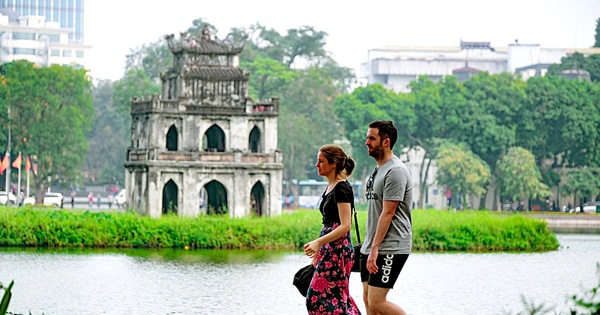

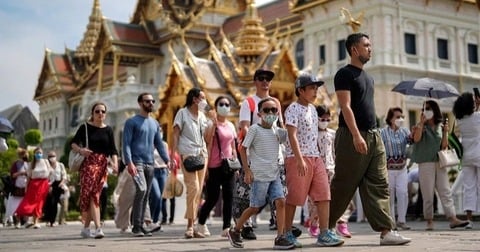

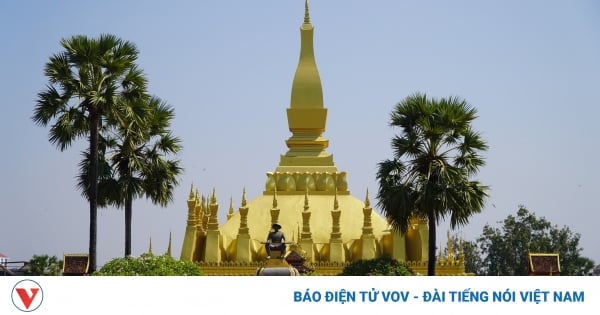
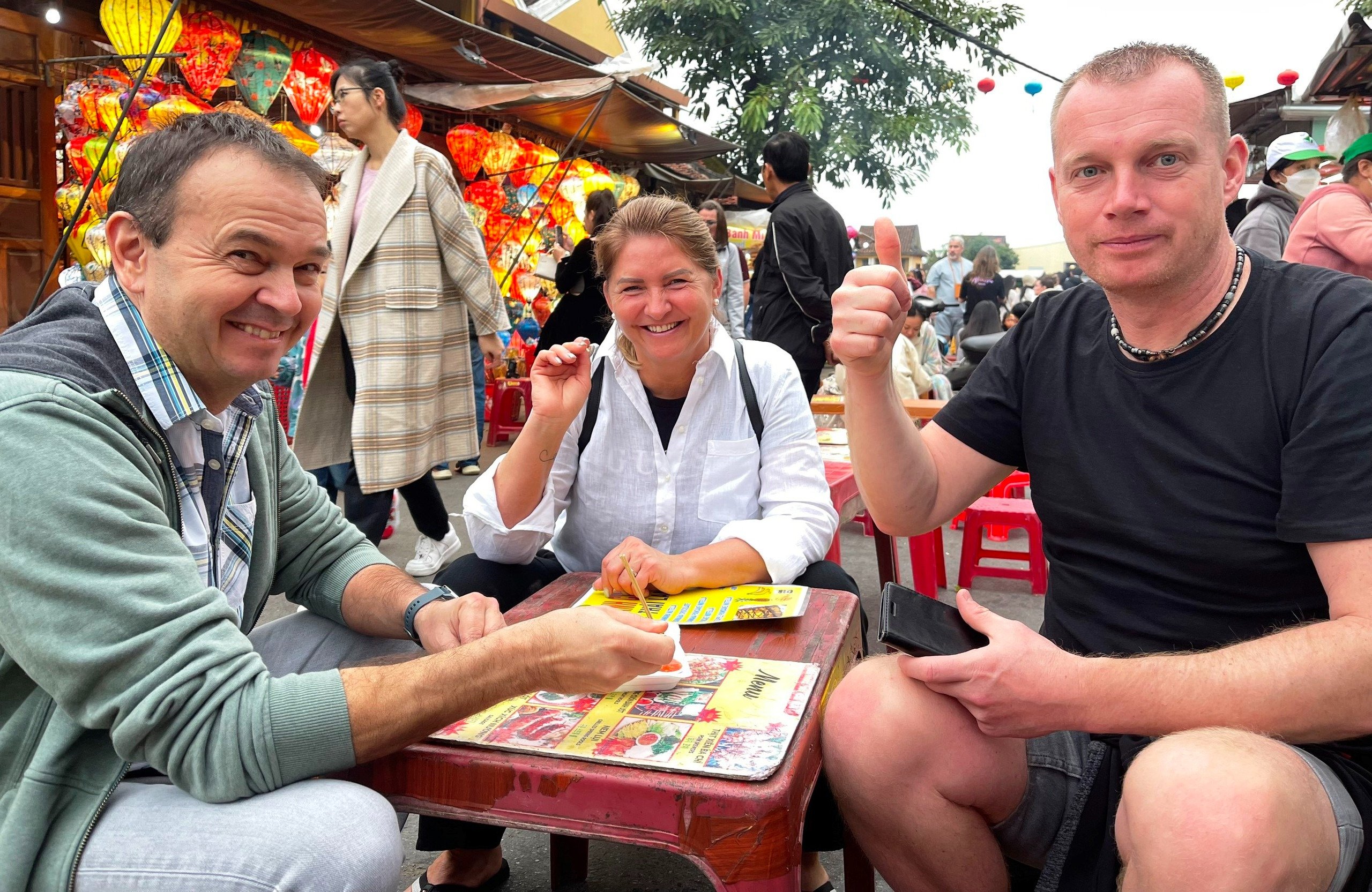
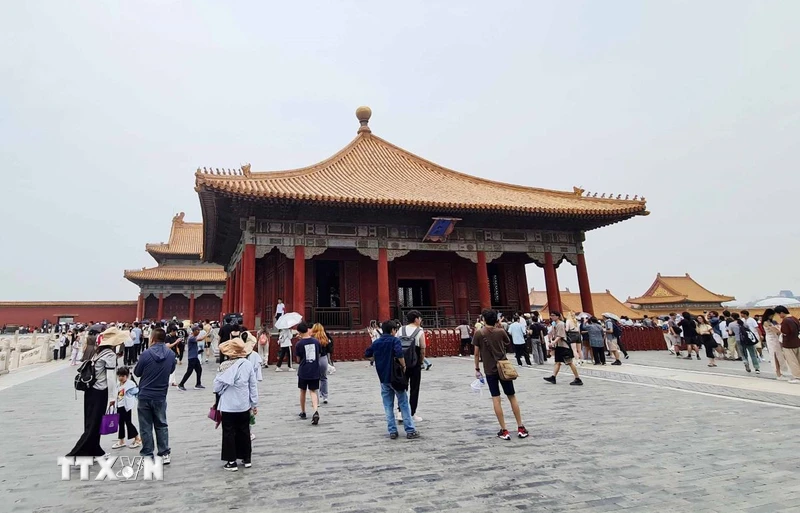
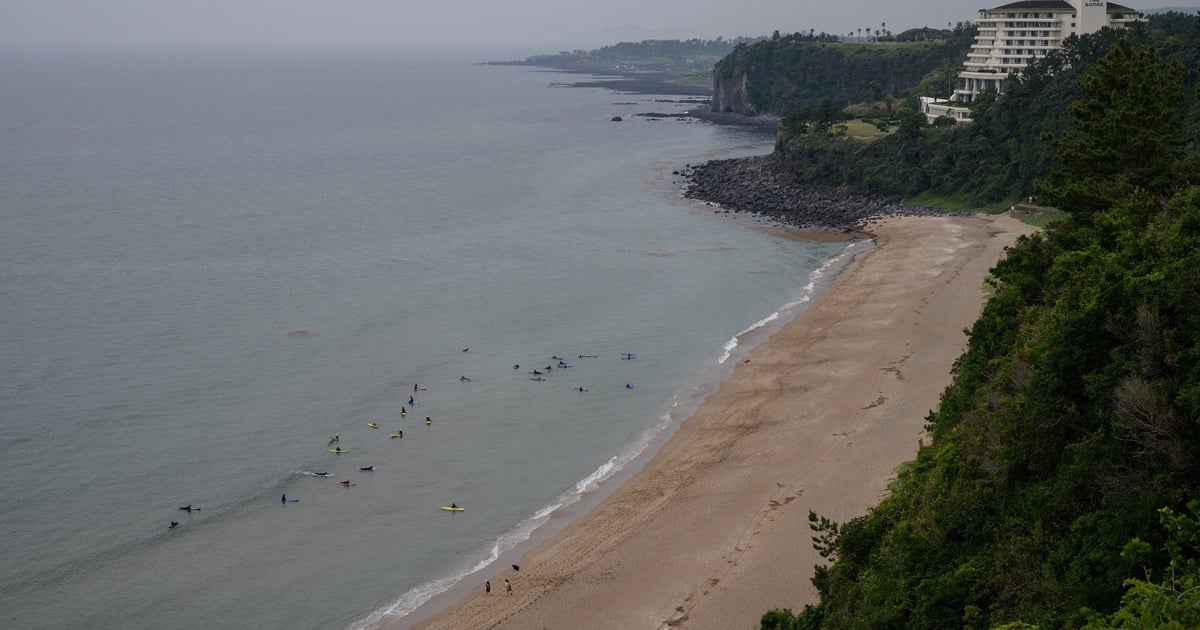
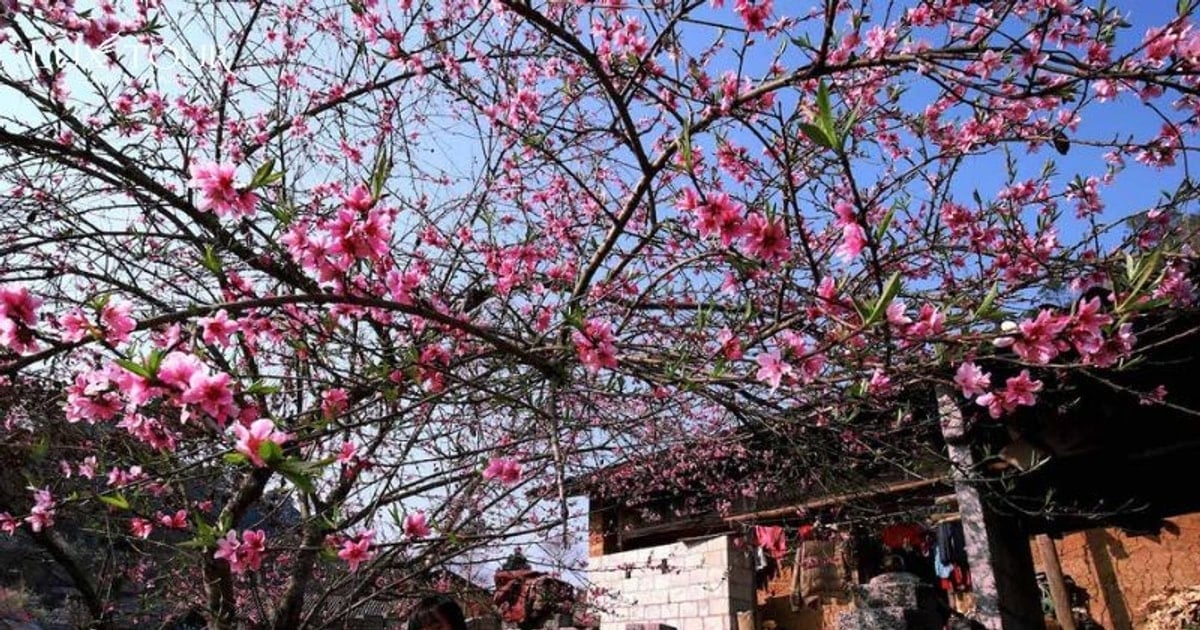

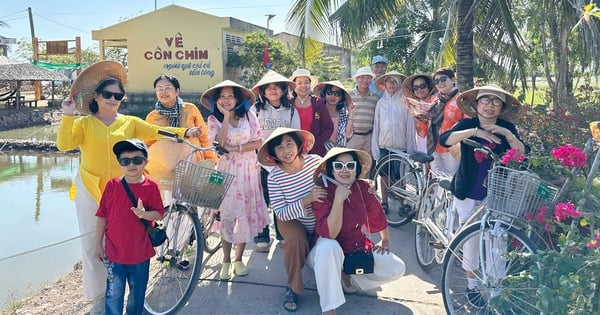

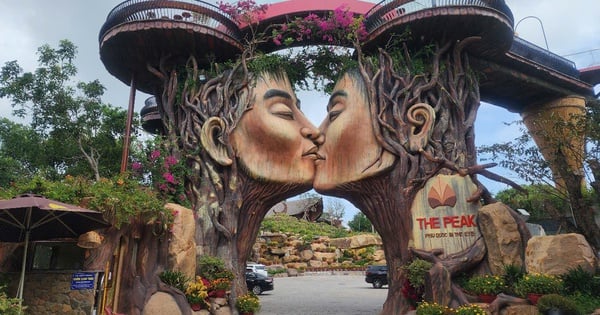
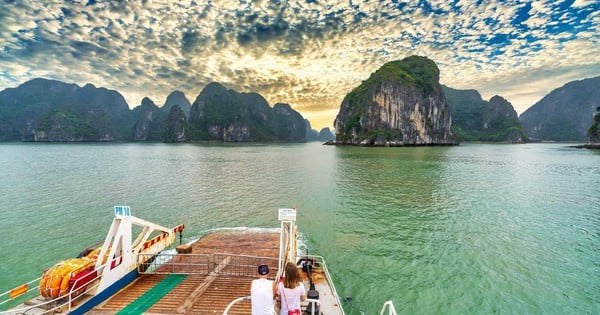

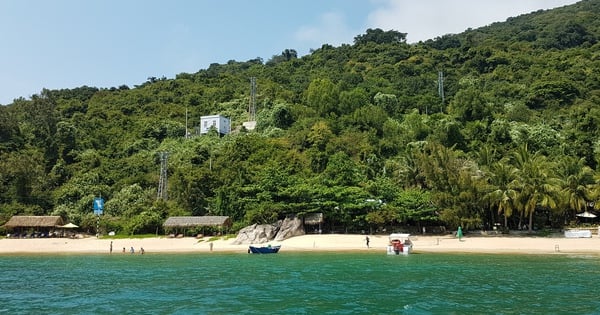

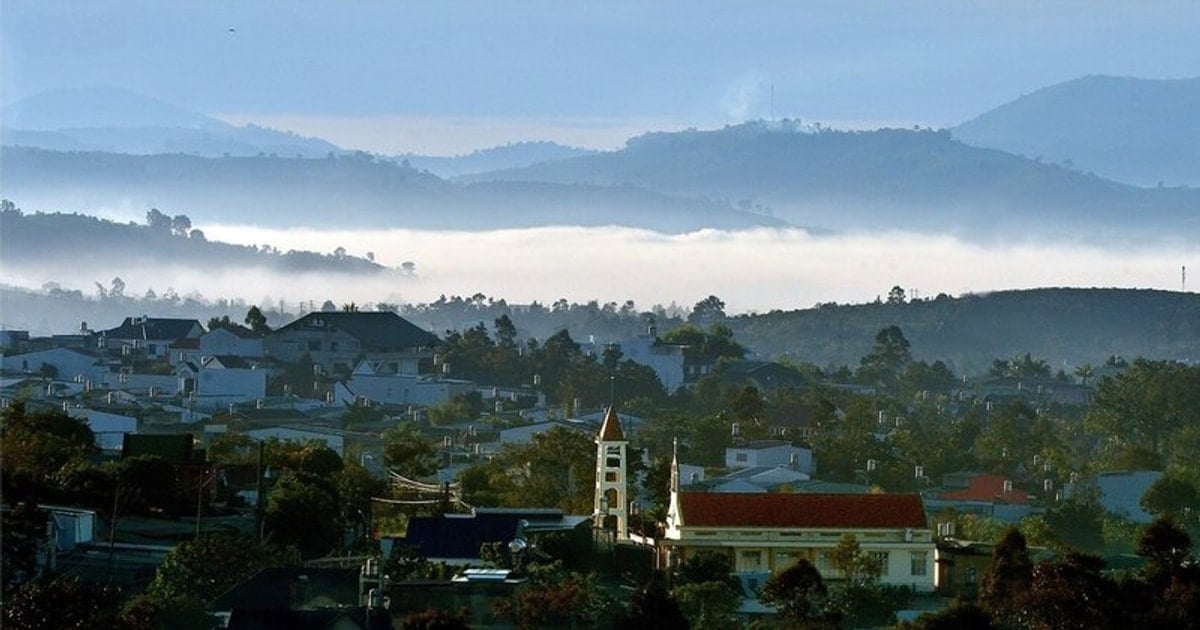


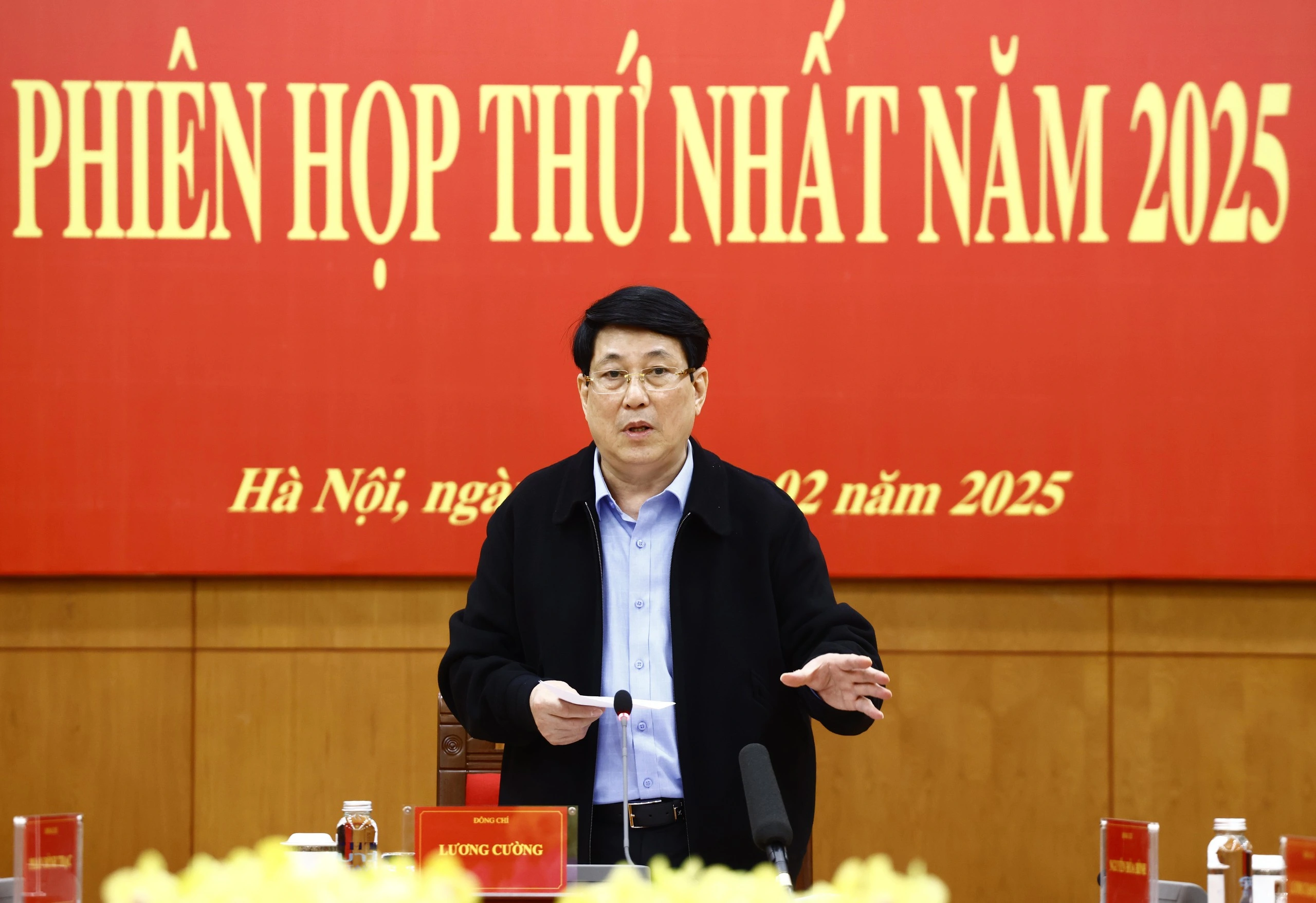










![[Photo] Prime Minister Pham Minh Chinh chairs Government Conference with localities on economic growth](https://vstatic.vietnam.vn/vietnam/resource/IMAGE/2025/2/21/f34583484f2643a2a2b72168a0d64baa)







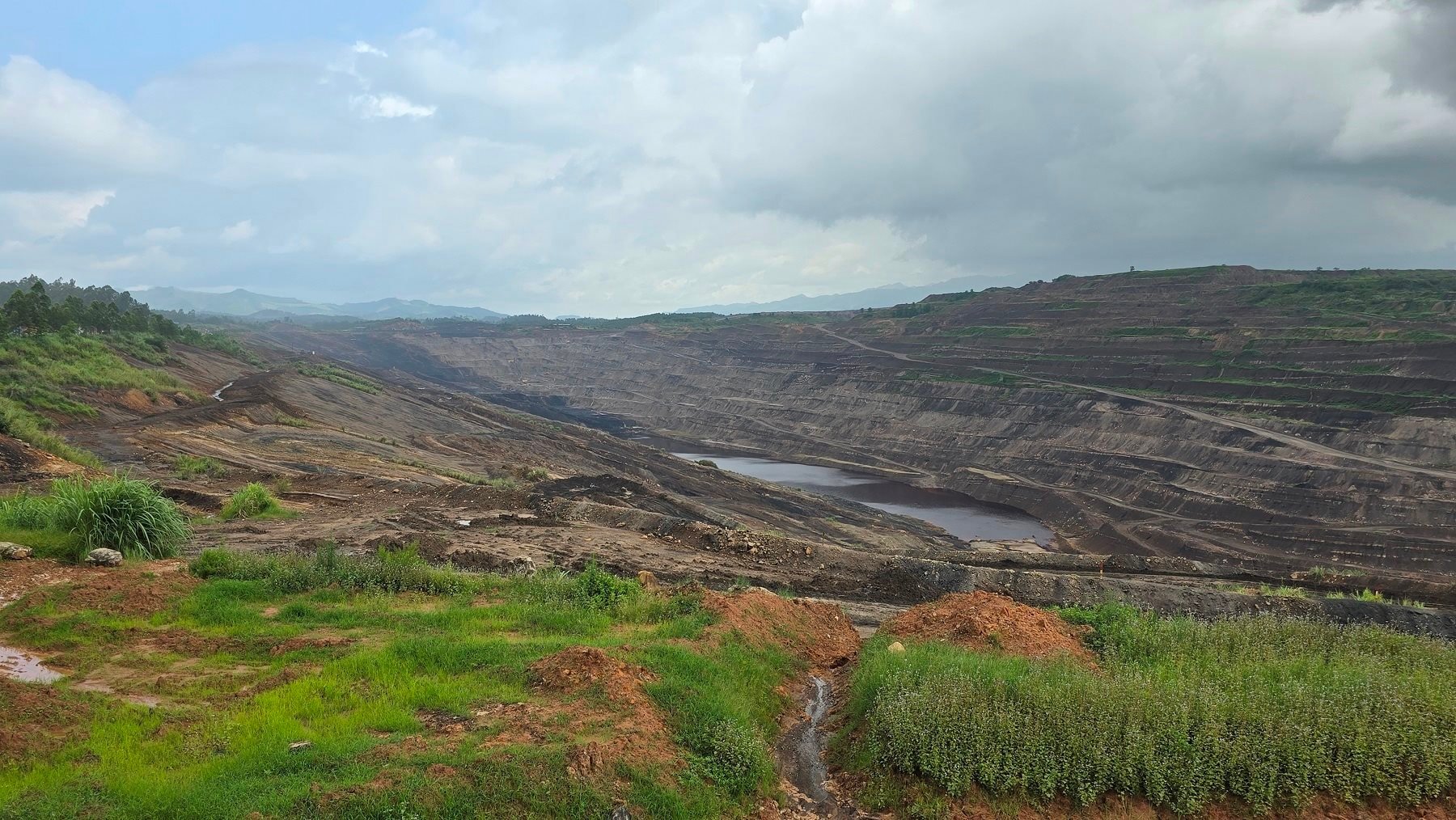


















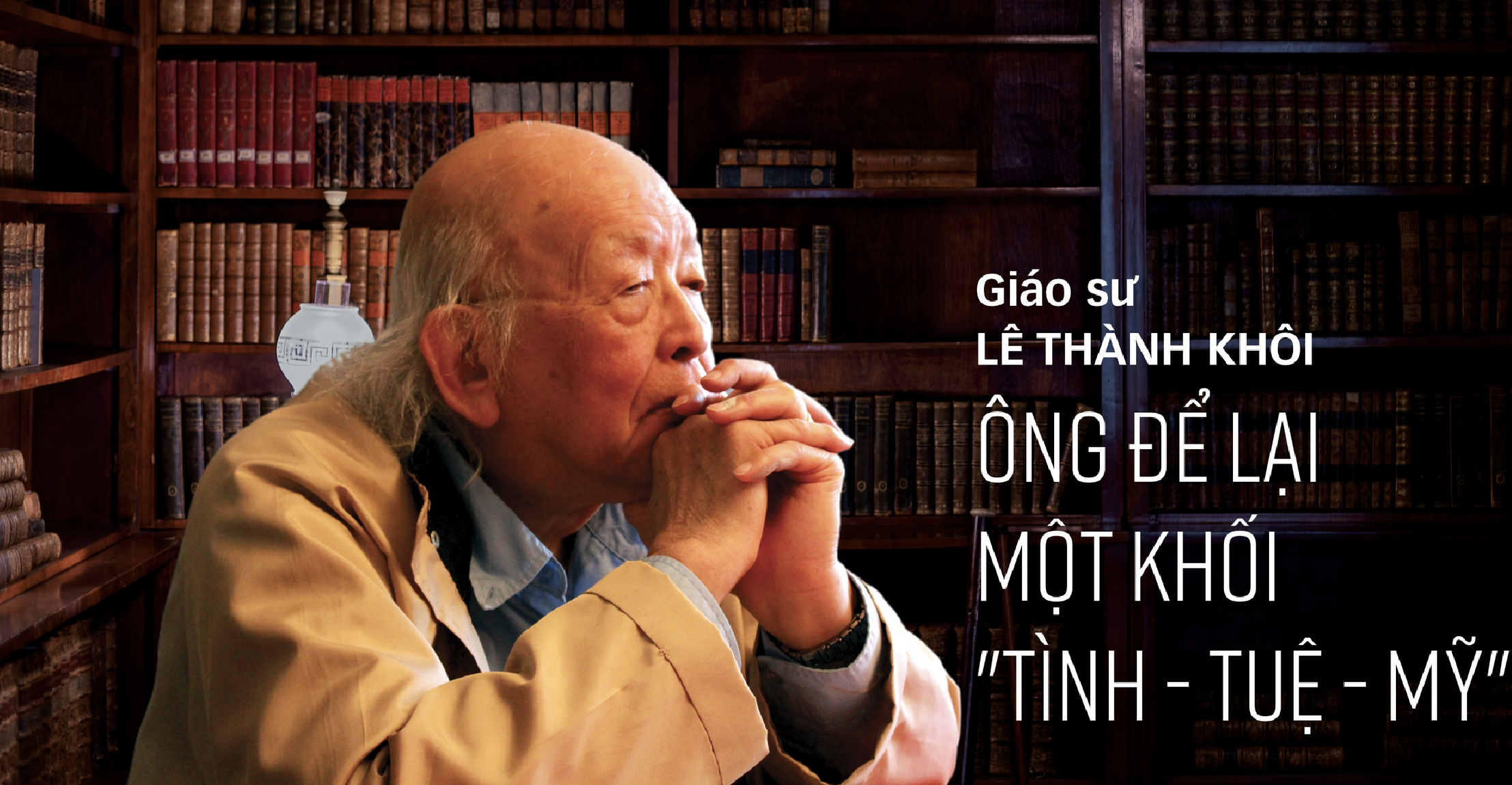

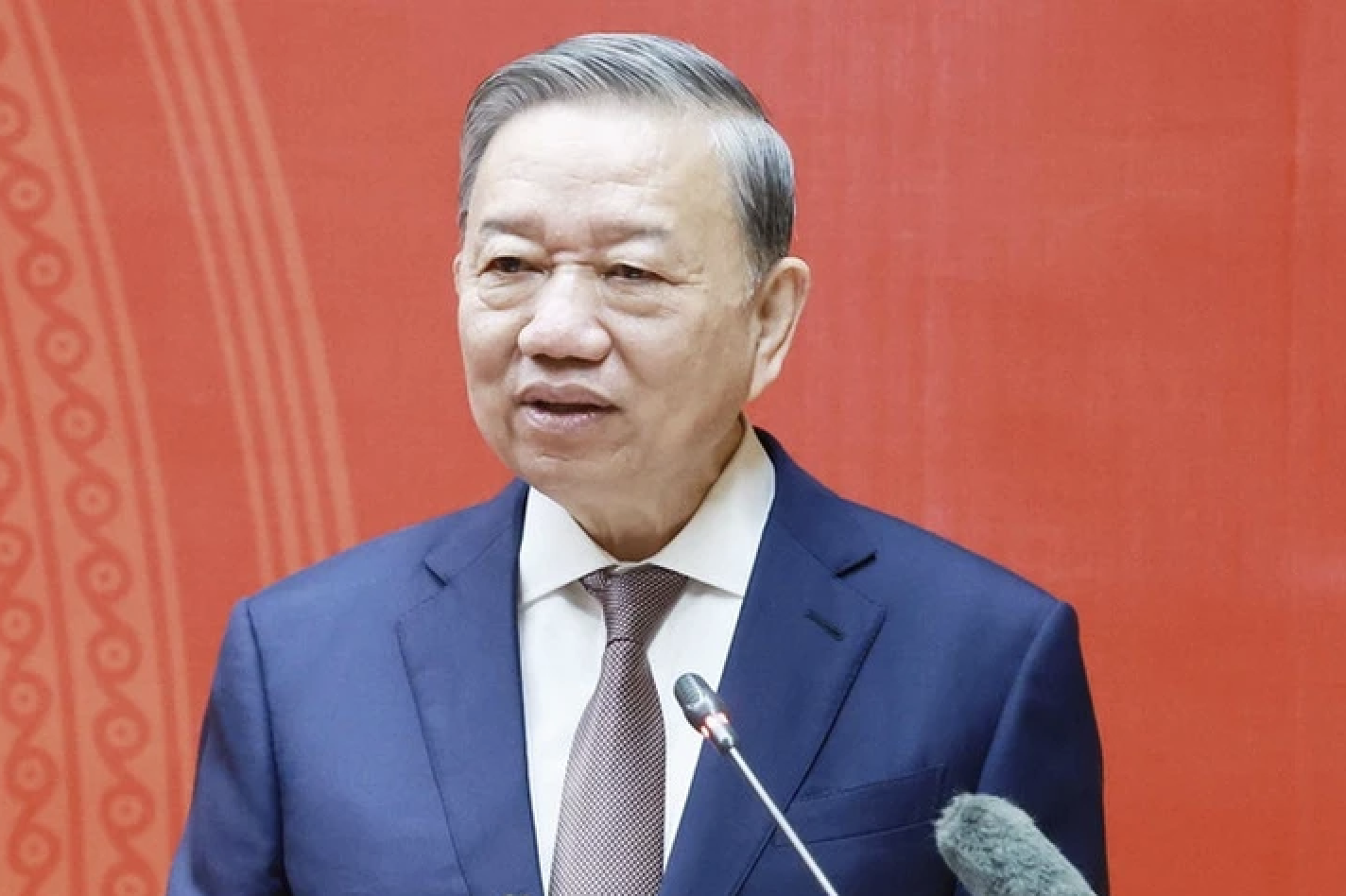
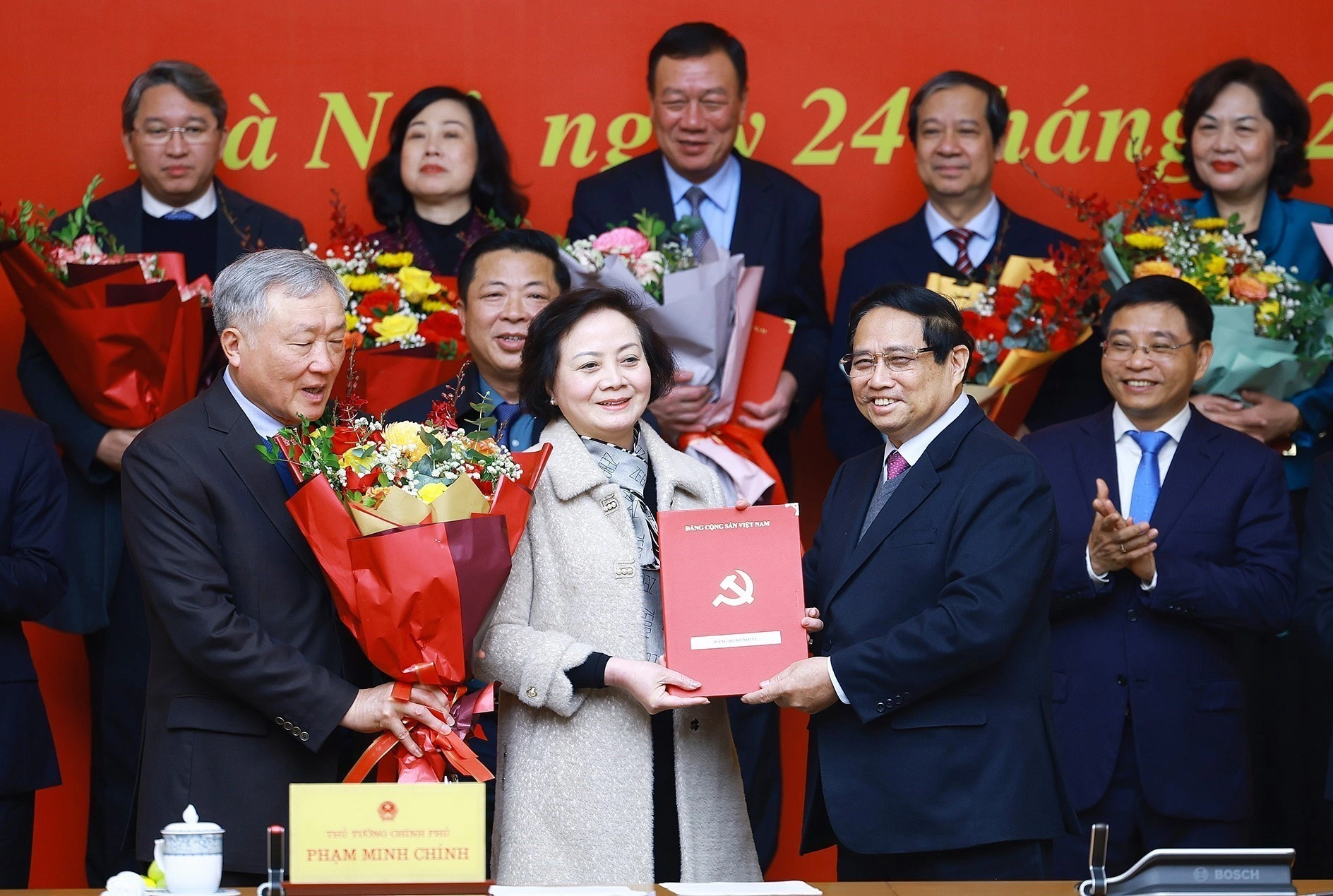





















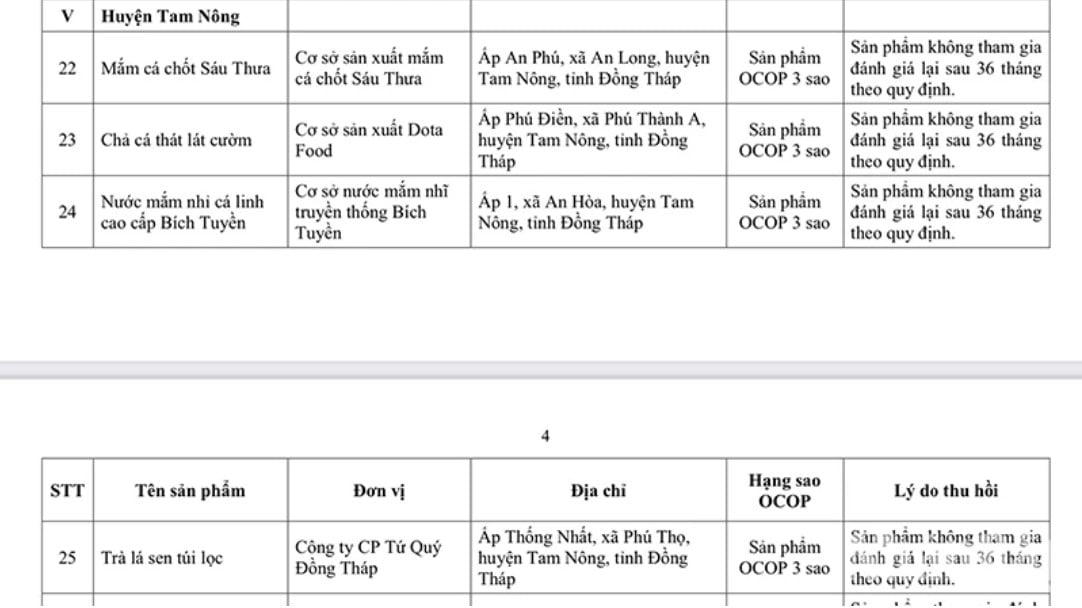
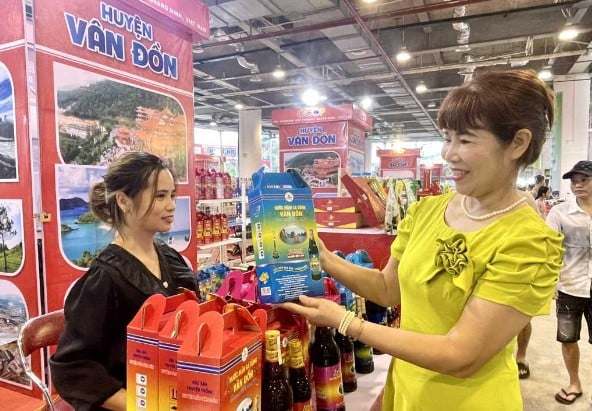
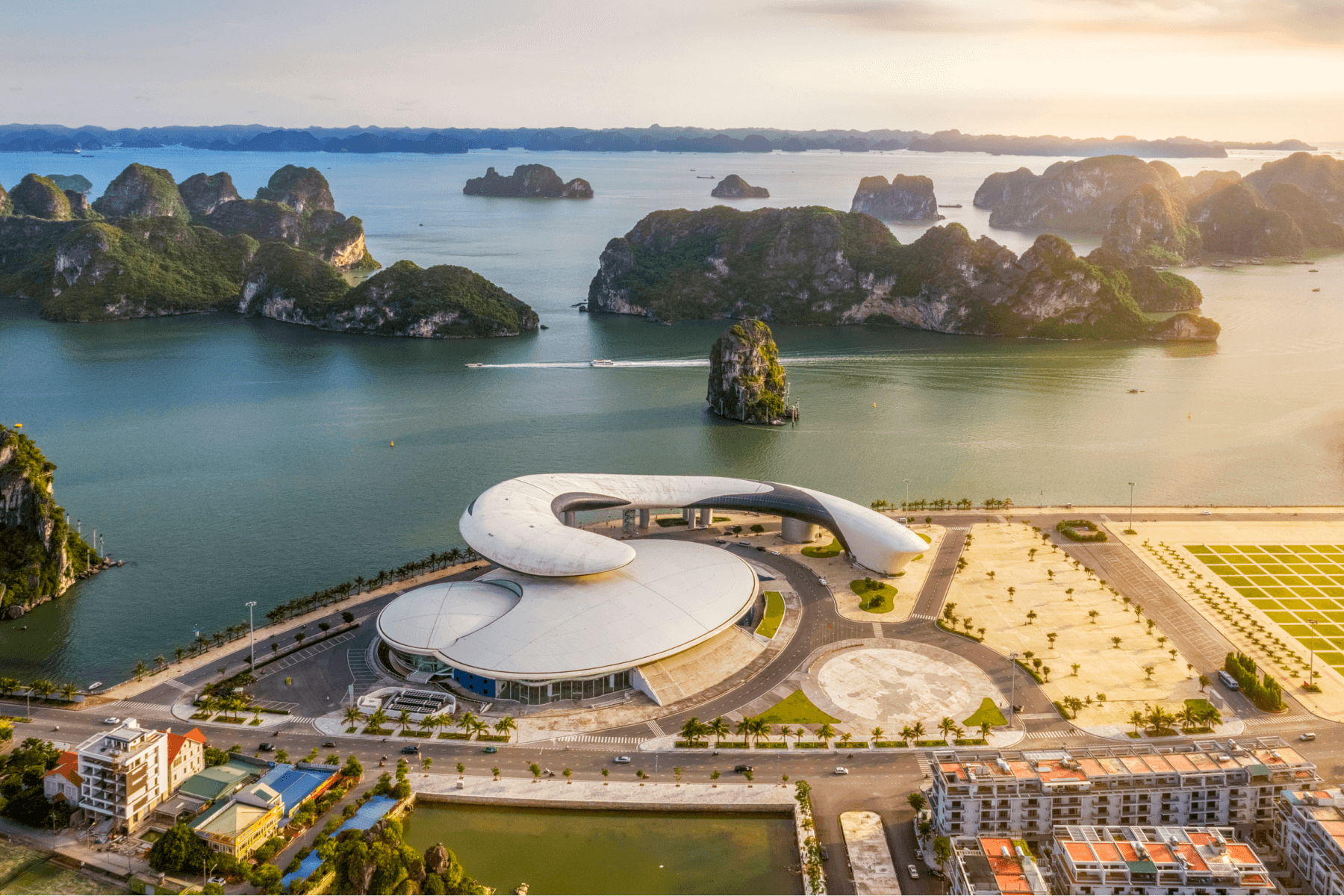
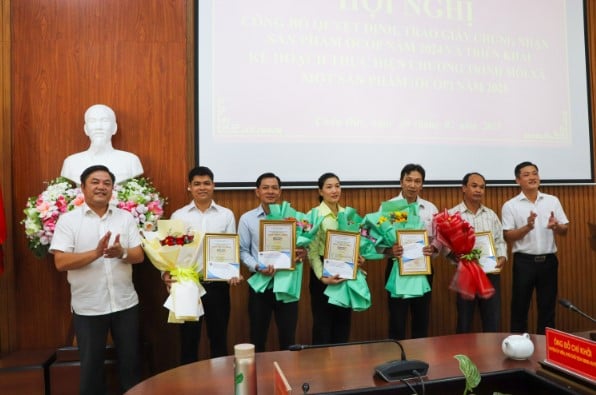
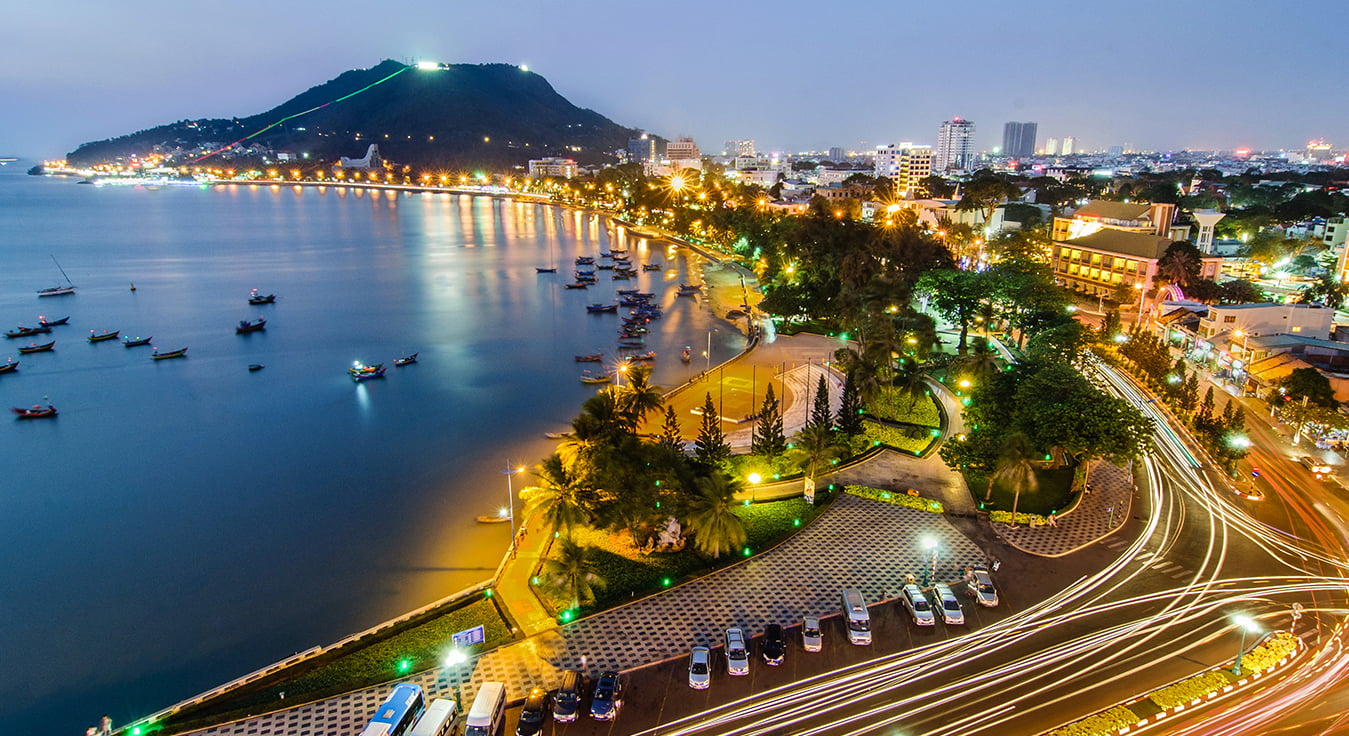
Comment (0)